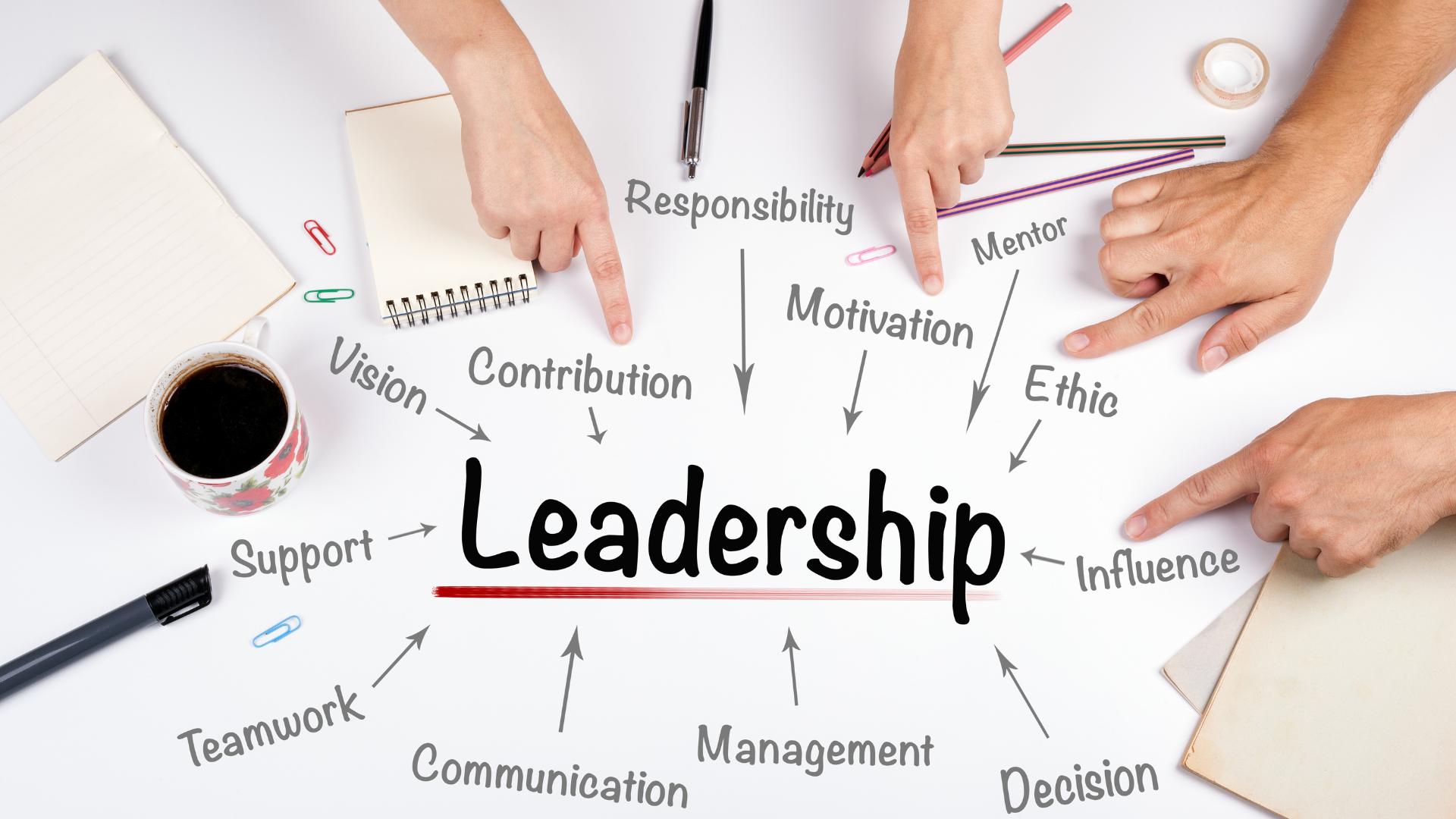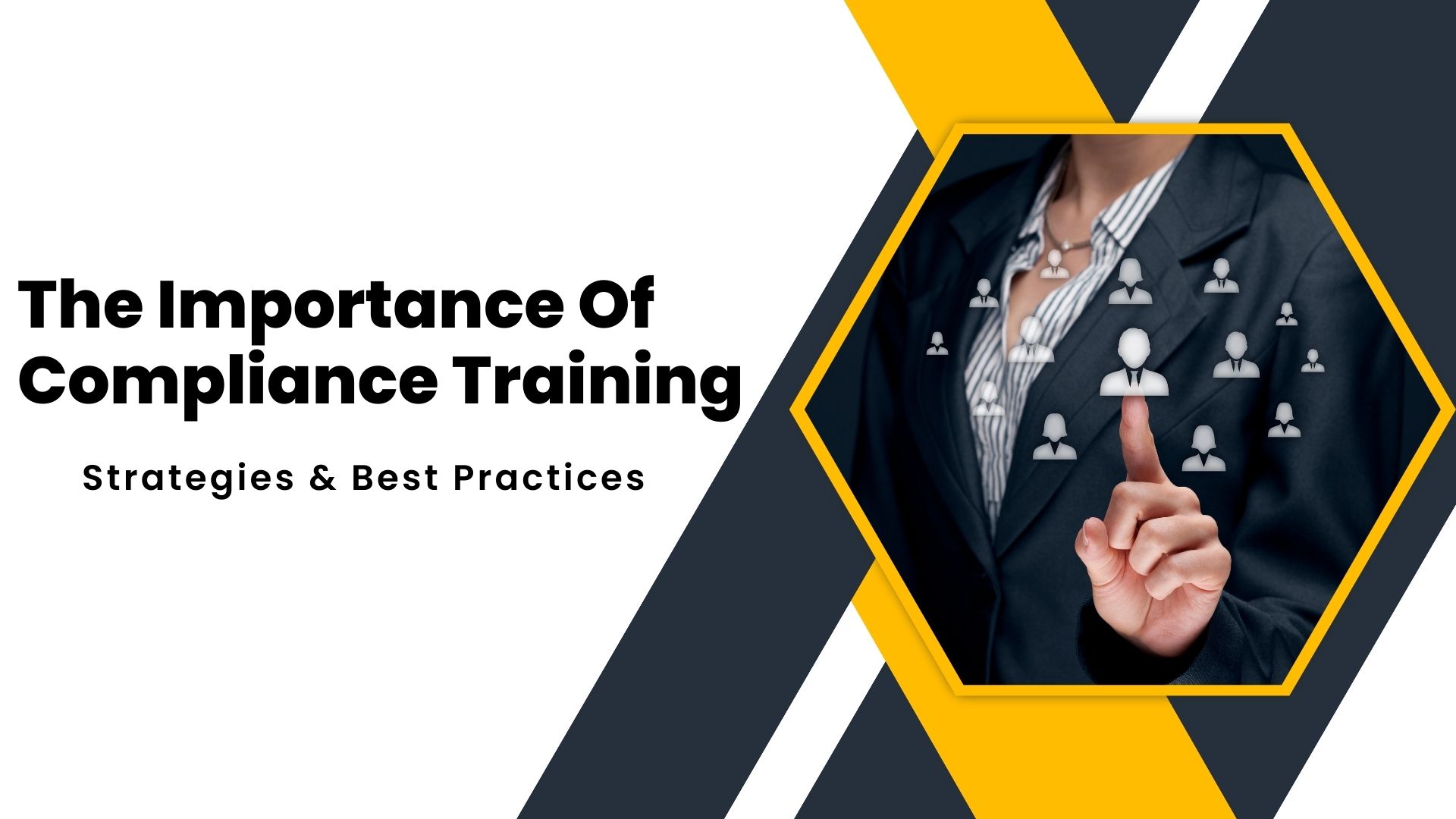Call us: +1-855-202-3299
Email: [email protected]
Crafting a Strategic Leadership Path: Approaches to Thrive in Your Organization
In today's dynamic and competitive business landscape, leadership isn't just a position; it's a journey of continuous growth and adaptation. Aspiring leaders must not only possess the necessary skills but also craft a strategic path to stay ahead in their organizations. In this guide, we'll explore how to design a leadership path and discuss various approaches to empower individuals to excel in their leadership roles.
Understanding the Leadership Journey
Before delving into specific strategies, it's essential to grasp the essence of the leadership journey. Leadership isn't a destination reached overnight; rather, it's a progressive evolution shaped by experiences, challenges, and continuous learning. A well-defined leadership path serves as a road-map, guiding individuals through various stages of development and helping them navigate the complexities of leadership effectively.
Crafting Your Leadership Path: Key Considerations
1. Self-Assessment and Goal Setting:
The first step in designing a leadership path is self-assessment. Reflect on your strengths, weaknesses, values, and aspirations to gain clarity on your leadership goals. Set SMART (Specific, Measurable, Achievable, Relevant, Time-bound) goals aligned with your career aspirations and organizational objectives. Whether it's acquiring new skills, assuming leadership roles, or driving strategic initiatives, articulate clear objectives to steer your leadership journey.
2. Continuous Learning and Skill Development:
Leadership is a journey of lifelong learning. Invest in your professional development by seeking out learning opportunities, such as workshops, seminars, courses, and mentorship programs. Develop a diverse skill set encompassing communication, emotional intelligence, strategic thinking, decision-making, and change management. Embrace a growth mindset and remain open to acquiring new knowledge and honing your abilities to adapt to evolving business demands.
3. Building Relationships and Networks:
Effective leadership extends beyond individual capabilities; it thrives on collaboration and relationship-building. Cultivate strong interpersonal skills and forge meaningful connections with colleagues, mentors, industry experts, and stakeholders. Actively participate in networking events, professional associations, and community initiatives to expand your network and gain diverse perspectives. Building robust relationships fosters trust, collaboration, and collective success in your leadership journey.
4. Seizing Leadership Opportunities:
Opportunities for leadership abound in every organization, from leading projects and teams to spearheading initiatives and driving change. Be proactive in seeking out leadership opportunities aligned with your interests and expertise. Volunteer for challenging assignments, take on stretch projects, and step outside your comfort zone to demonstrate your leadership potential. Embrace leadership roles with enthusiasm and resilience, leveraging each experience as a learning opportunity to enhance your skills and capabilities.
5. Embracing Feedback and Growth:
Feedback is a cornerstone of leadership development. Solicit feedback from peers, supervisors, and team members to gain insights into your leadership style, strengths, and areas for improvement. Embrace constructive feedback with humility and a growth mindset, using it as a catalyst for self-improvement and growth. Actively seek opportunities for mentorship and coaching to receive guidance, support, and perspective from seasoned leaders. Embracing feedback fosters self-awareness, fosters continuous improvement, and accelerates your leadership journey.
Approaches to Stay Ahead in the Organization
1. Strategic Vision and Innovation:
Effective leaders anticipate and adapt to change, driving innovation and transformation within their organizations. Develop a strategic vision that aligns with the organization's mission and objectives, and proactively identify opportunities for innovation and growth. Foster a culture of creativity and experimentation, encouraging team members to explore new ideas and approaches. Embrace emerging technologies and market trends, leveraging them to gain a competitive edge and stay ahead of the curve.
2. Empowering and Developing Others:
True leadership is about empowering others to succeed. Invest in developing your team members' skills, capabilities, and leadership potential through mentorship, coaching, and training programs. Delegate responsibilities, provide autonomy, and create opportunities for growth and advancement. Foster a culture of trust, collaboration, and empowerment, where individuals feel valued, supported, and inspired to unleash their full potential. By nurturing talent and fostering a culture of continuous learning and development, you cultivate a high-performing team capable of driving organizational success.
3. Adaptive Leadership and Resilience:
In today's volatile and uncertain business environment, leaders must exhibit adaptability and resilience to navigate challenges and seize opportunities effectively. Develop agile leadership skills, characterized by flexibility, quick decision-making, and the ability to thrive in ambiguity. Embrace change as a constant and lead by example, demonstrating resilience, optimism, and resourcefulness in the face of adversity. Foster a culture of resilience within your team, encouraging open communication, collaboration, and support during times of change or crisis.
4. Thought Leadership and Influence:
Leadership extends beyond positional authority; it's about influence and impact. Cultivate thought leadership by sharing your expertise, insights, and perspectives through speaking engagements, publications, and thought leadership platforms. Engage with industry peers, thought leaders, and stakeholders to exchange ideas, collaborate on initiatives, and drive industry trends and best practices. By positioning yourself as a trusted advisor and thought leader, you amplify your influence and contribute to shaping the future of your organization and industry.
5. Ethical Leadership and Values:
Integrity and ethics are non-negotiable in effective leadership. Lead with integrity, honesty, and transparency, upholding ethical standards and organizational values in all your actions and decisions. Demonstrate accountability and responsibility, taking ownership of your actions and their impact on others. Foster a culture of trust, fairness, and ethical conduct within your team and organization, where ethical leadership is celebrated and rewarded. By embodying ethical leadership principles, you inspire trust, loyalty, and commitment, fostering a culture of integrity and excellence in your organization.
Conclusion: Charting Your Leadership Path
In conclusion, designing a leadership path is a deliberate and strategic endeavour that requires self-awareness, continuous learning, and proactive engagement. By crafting a clear vision, embracing lifelong learning, building meaningful relationships, seizing leadership opportunities and staying abreast of emerging trends and best practices, individuals can thrive in their leadership roles and propel their organizations to new heights of success. Embrace the journey, leverage your strengths, and lead with purpose, passion, and resilience as you chart your course toward leadership excellence.







